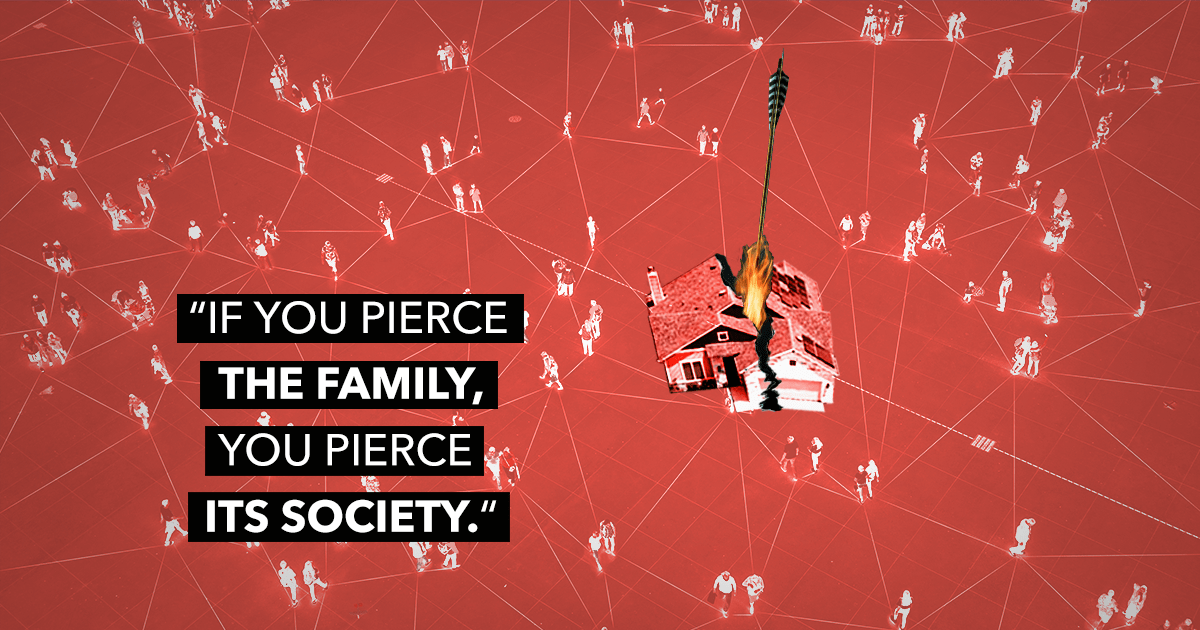Ask most women today what they would like to be. Needy? Dependent? Clingy? Certainly not! Independent? Self-sufficient? Survivor? Yes!
I was deeply moved recently by Carol Kent when she said, "I was used to being on the giving end of compassion, and I didn't like being needy. When I allowed the people closest to me to be the hands and feet of Jesus in the middle of my darkest hour, I experienced the comfort of being loved by Him."
Like Carol, we don't want to be needy. That's me. We're uncomfortable letting anyone know that all is not right in our world. We don't want to owe anyone. We worry about what people will think when they see the jumbled mess of emotions that lurk just below the surface of our polished veneer. All of these reasons, plus a host of others, keep us from accepting the help that comes in response to tough times.
Help comes from unexpected places. A colleague who offers a tissue in response to unexpected tears. A neighbor you've never met who brings dinner over when she finds out your mother passed away. A friend who offers to keep your young children so that you can fly out to your niece's funeral. Though all might not be Christians, all are Jesus' hands and feet in dark hours.
After her accident, Joni Eareckson Tada discovered that other people were her hands—literally. Unable to do anything for herself, she depended on others' hands to do the things she couldn't. Eventually, by taking things a day at a time and in bite-sized chunks, she learned to paint and write and drive with a joystick clamped to her arm. She acknowledges that before her accident she "couldn't have cared less about people like me." Now she finds joy in investing her time and energies in other people who are hurting.
Getting through tough times requires us to develop a new skill set. We may need to ask questions we've never considered before or accept things that seem unacceptable. We may become sensitive to things we previously ignored. We might come face to face with ugly feelings that we don't know what to do about. Our struggle may require hard changes in current relationships or threatening changes within ourselves. In the midst of confusion and chaos, we might have to grab a lifeline that someone else offers. And when that happens, we have to decide to accept the help that's being offered—a decision that is often unpleasant because of pride and an unwillingness to be beholden to anyone but ourselves.
Jesus reaches down from heaven through other people's hands, so when we refuse their help, we're actually refusing Him. We may have cried out for God's help, but when it comes in the form of another human, we're loathe to accept it. Why is that?
Pride often keeps us from being able to let others minister to us. Our need to be self-sufficient overpowers our willingness to accept help. We don't want to seem weak or needy. And yet, when we're brave enough to accept help—and doing so takes courage—we'll discover, like Carol Kent, "the comfort of being loved by Him."
Getting through tough times includes another dimension. Rather than focusing solely on our own difficulties, we must also ask how we can help others walk through deep valleys. In addition to recognizing that other people are Jesus' hands and feet for us in tough times, we have to be willing to be Jesus' hands and feet for others. The gestures don't have to be expensive or grandiose. In fact, thoughtful and timely are more important. Small gestures take on big significance when one is hurting. When my father was ill, just a quick phone call or e-mail from a friend was often enough to get me through the day.
Statistics tell us that someone you know is grieving right now. How can you use your hands to reach out to her? I encourage you to call and check on her. Send a card or flowers. Prepare dinner. Invite her to spend time with you or simply sit and listen to all the conflicting emotions whirling around in her heart.
Support is often readily available in the first days after a major life change, so ask yourself how you can make a difference in a week, a month, or a year. Remembering the first anniversary of one's passing doesn't require more than jotting the date on your calendar, but the impact of the gesture is great. Families often dread the first-year mark, but their pain is lessened when they know others are marking it with them.
If you're in the midst of tough times yourself right now, how can you let others use their hands to be Jesus to you? Can you accept an offer of a meal? An offer of transportation? A willingness to run errands or grocery shop for you? The offer to cover your responsibilities so that you can get out of the house? By saying yes, you'll let Jesus comfort you through the people He's placed specifically and purposefully in your life.
Let other people's hands embrace you in difficult times. Then, pass the love along through your own hands when someone else is in need. That's how God reaches down from Heaven during tough times.












